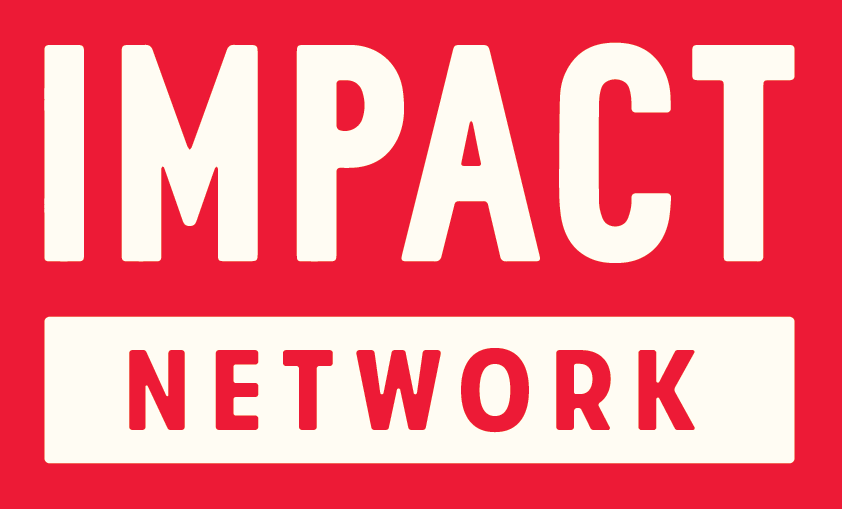Phenomenal Woman
This month is Women’s History Month and this past weekend the world celebrated International Women’s Day. And because my daughter is Maya, we were talking about some of the famous “Mayas” in the world.
This year marks a decade since the world lost American author and poet, Maya Angelou. Active in the civil rights movement, Angelou worked with both Martin Luther King, Jr and Malcolm X, and was one of the first African American women to write about her personal life. Before becoming an author, she held various jobs – a cook, dancer, actress, educator, a journalist in Egypt and Ghana. She became the first black female streetcar conductor in San Francisco, at the age of 16, after sitting outside of her boss’s office for 2 weeks straight, asking him for an application form. She has received dozens of awards, and is best known for her series of autobiographies, focusing on her childhood and early adult experiences. She is one of the most renowned and influential voices of our time, often examining themes of racial discrimination, violence, family values, faith, and community. When she comes to mind, the first thing I remember is her poem, Phenomenal Woman. I remember reading that poem when I was in my late teens, and it’s what inspired me to write my own poetry (though admittedly looking back, it was pretty bad!).
Her book Mom & Me & Mom, explores the triumphs and struggles of her relationship with her mother. Maya Angelou once spoke of one of her mother’s teachings:
My mother said I must always be intolerant of ignorance but understanding of illiteracy. That some people, unable to go to school, were more educated and more intelligent than college professors.
Photo Credit: Russell Mondy via Flickr under CC BY-NC 2.0 DEED (no changes made)
This has always struck me – that there are millions of individuals, who are incredibly bright, and have such untapped potential, but who are unable to go to school, and might not know how to read. That among our communities, there are doctors, professors, economists, lawyers, if only they are given the opportunity to attend school. And that by not providing access to an education – by not offering them a chance to learn – we are robbing them of their future. It reminds me of why we do the work that we do – that we owe every one of our Impact Scholars the chance to reach their full potential. By teaching students how to read and write, how to add and subtract, how to communicate, etc. – we are giving them the tools they need to lead productive lives.

